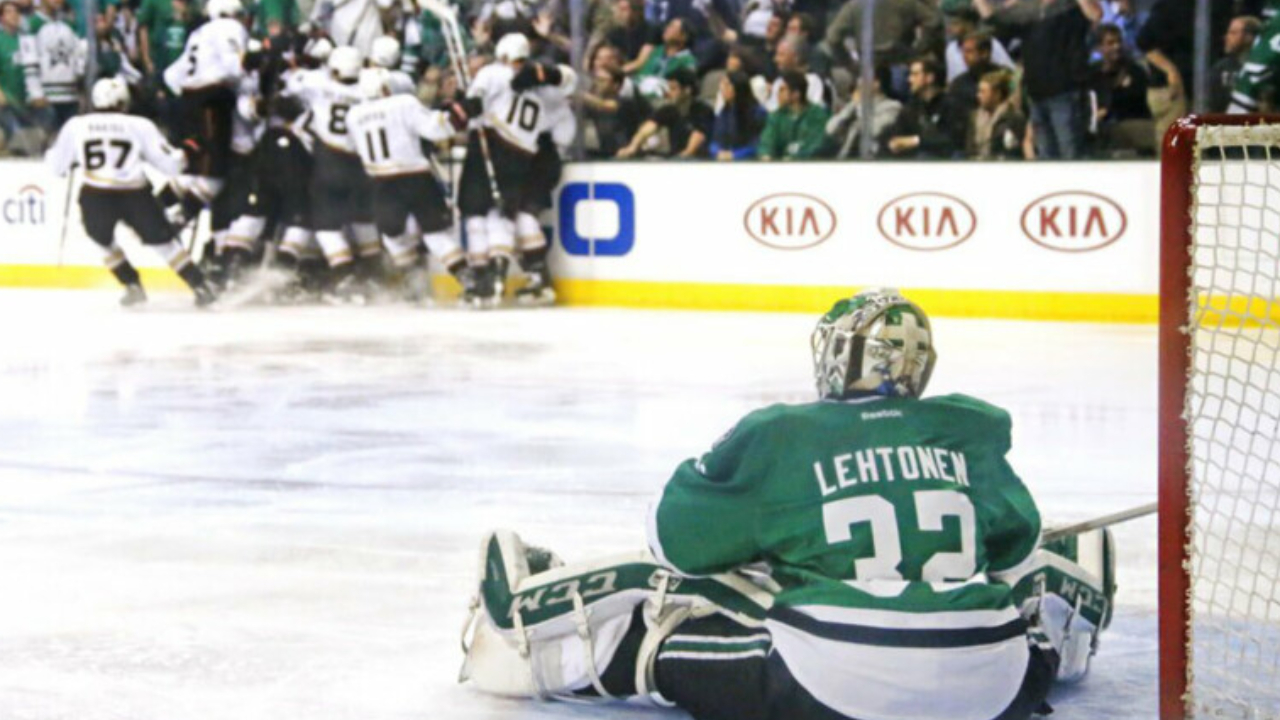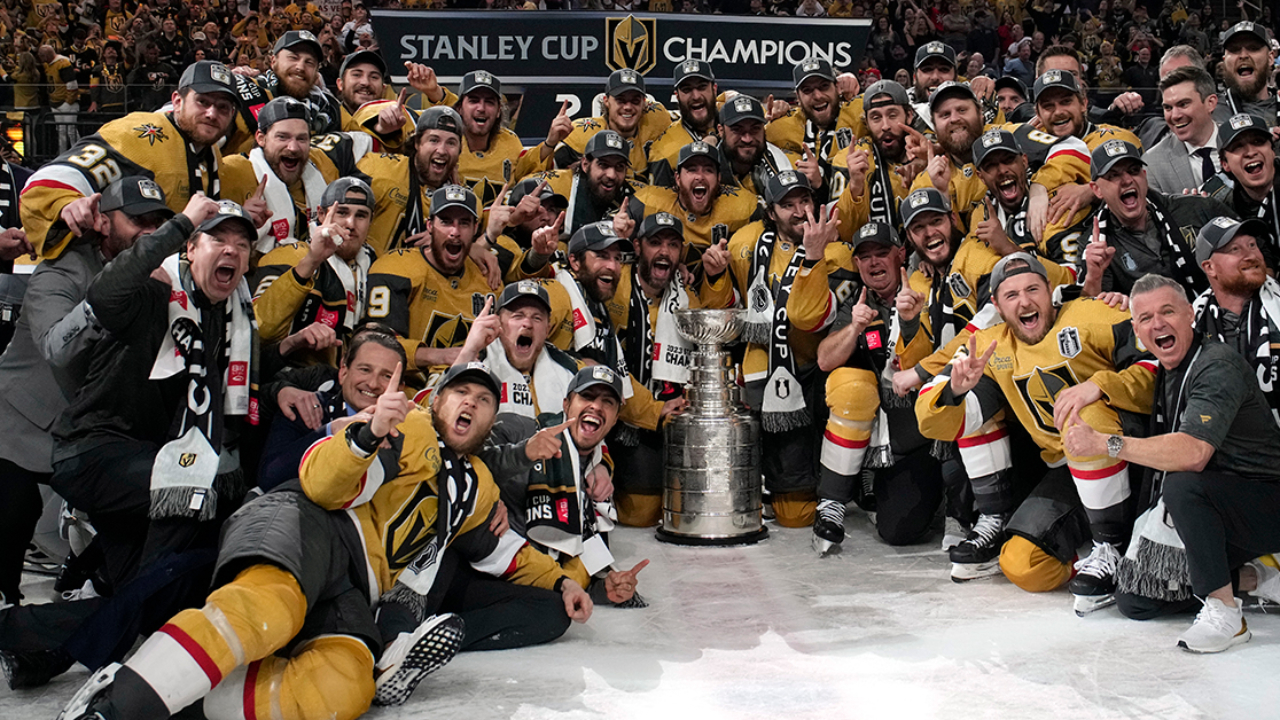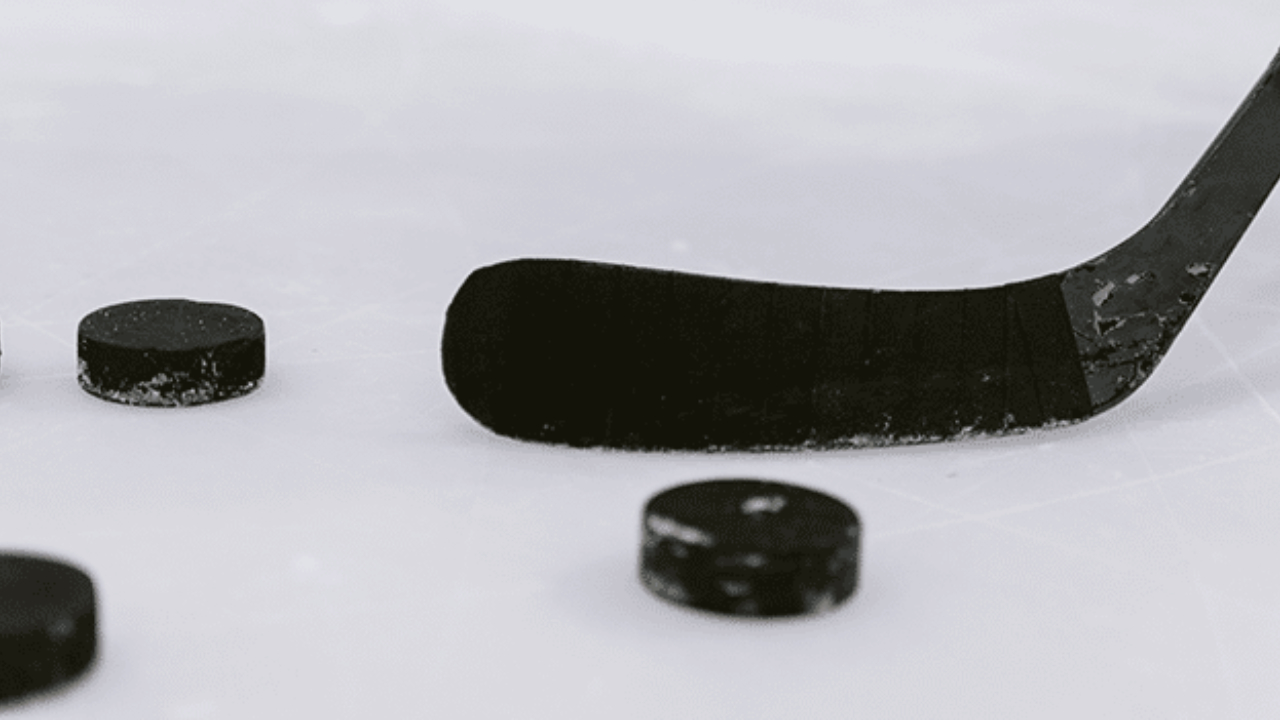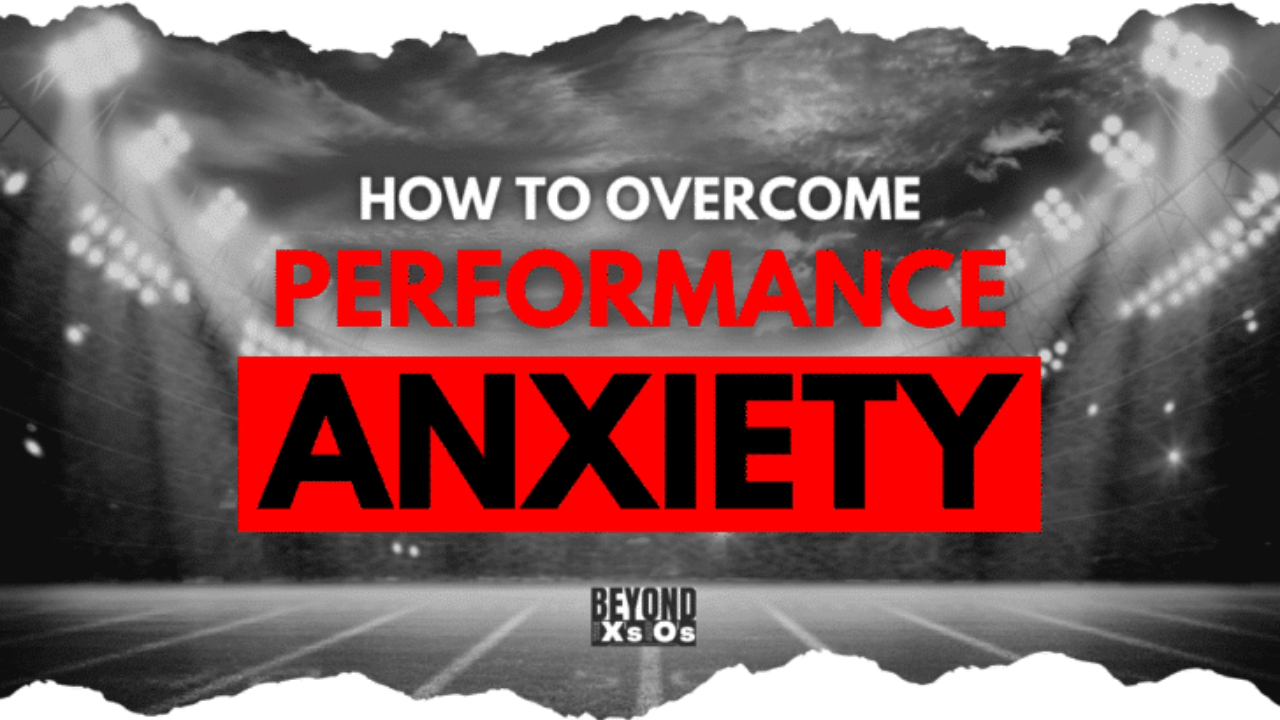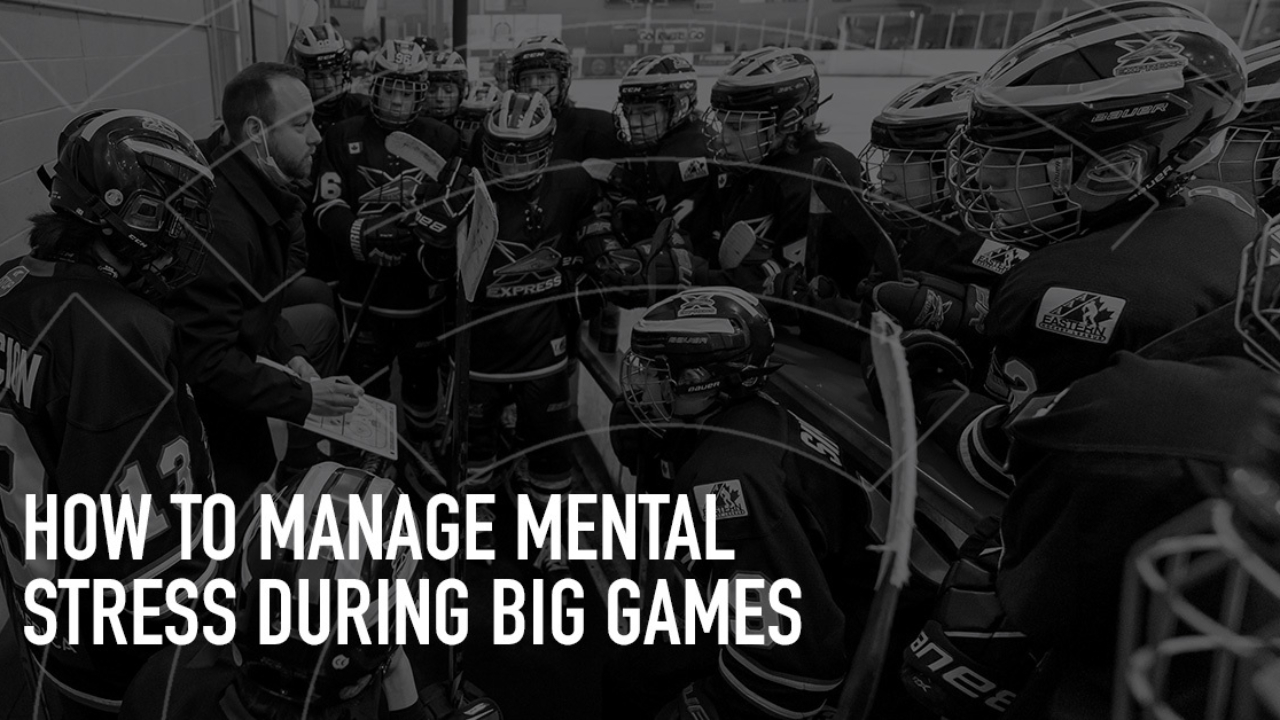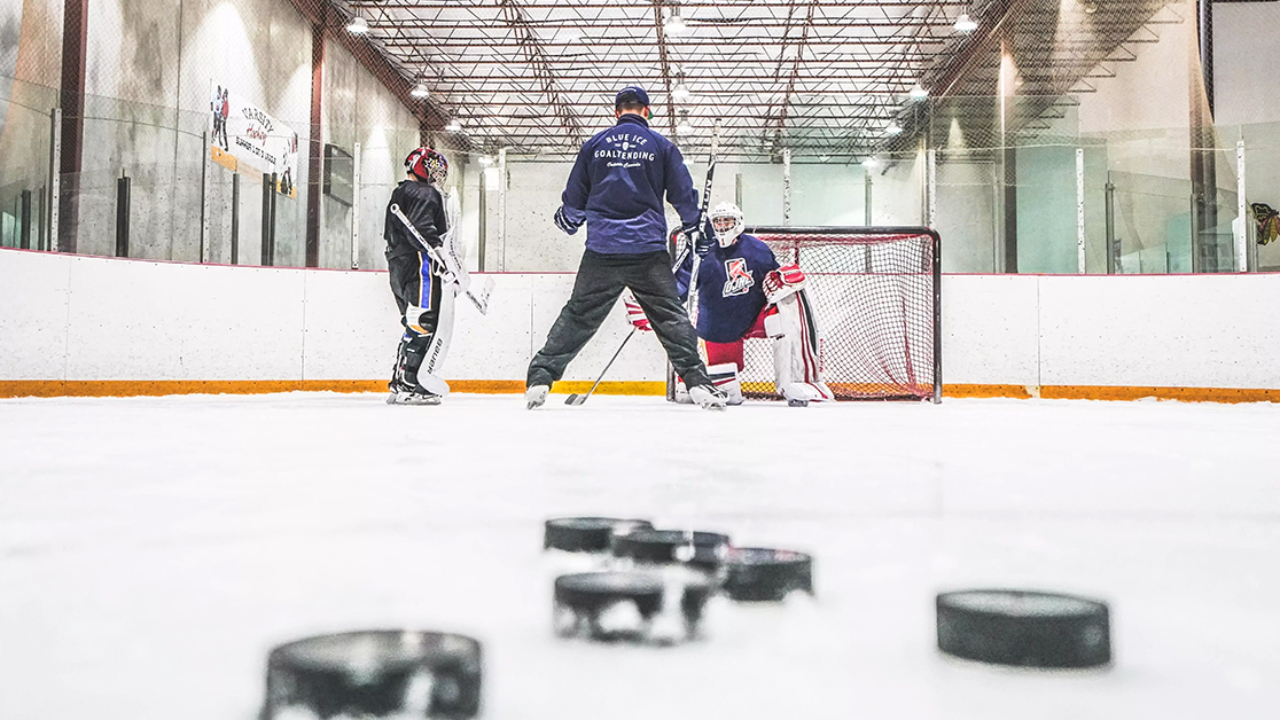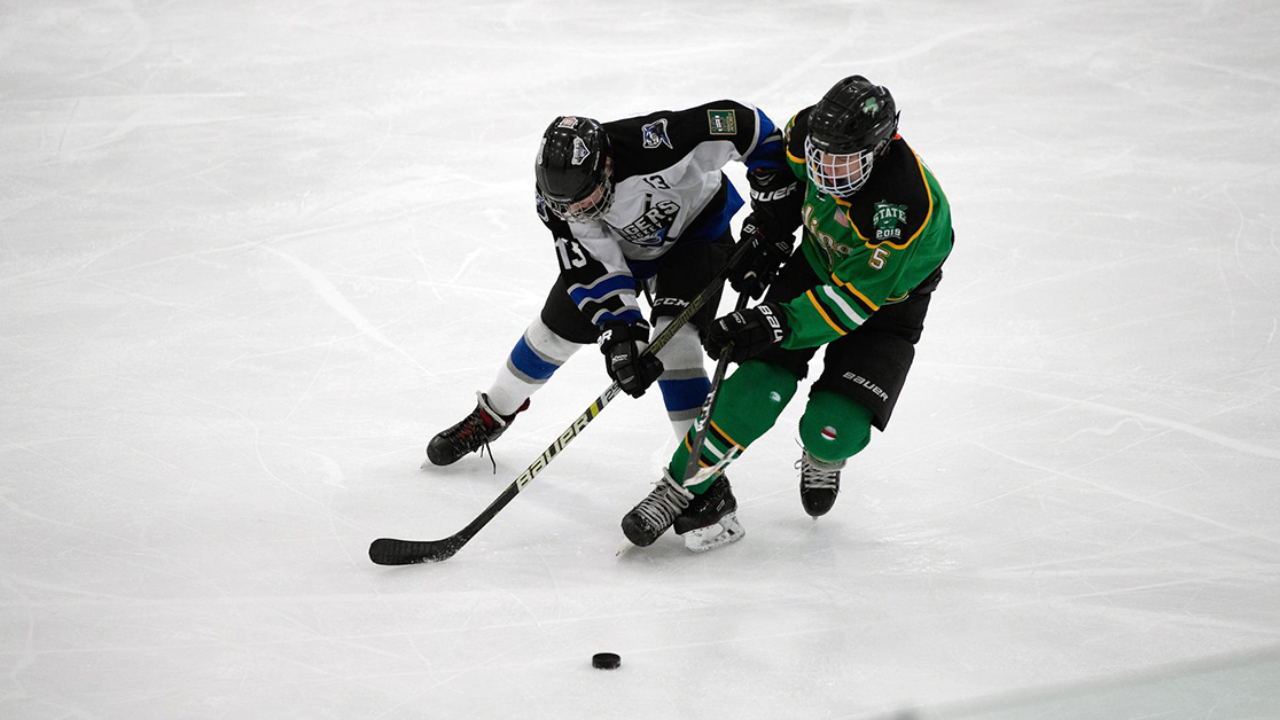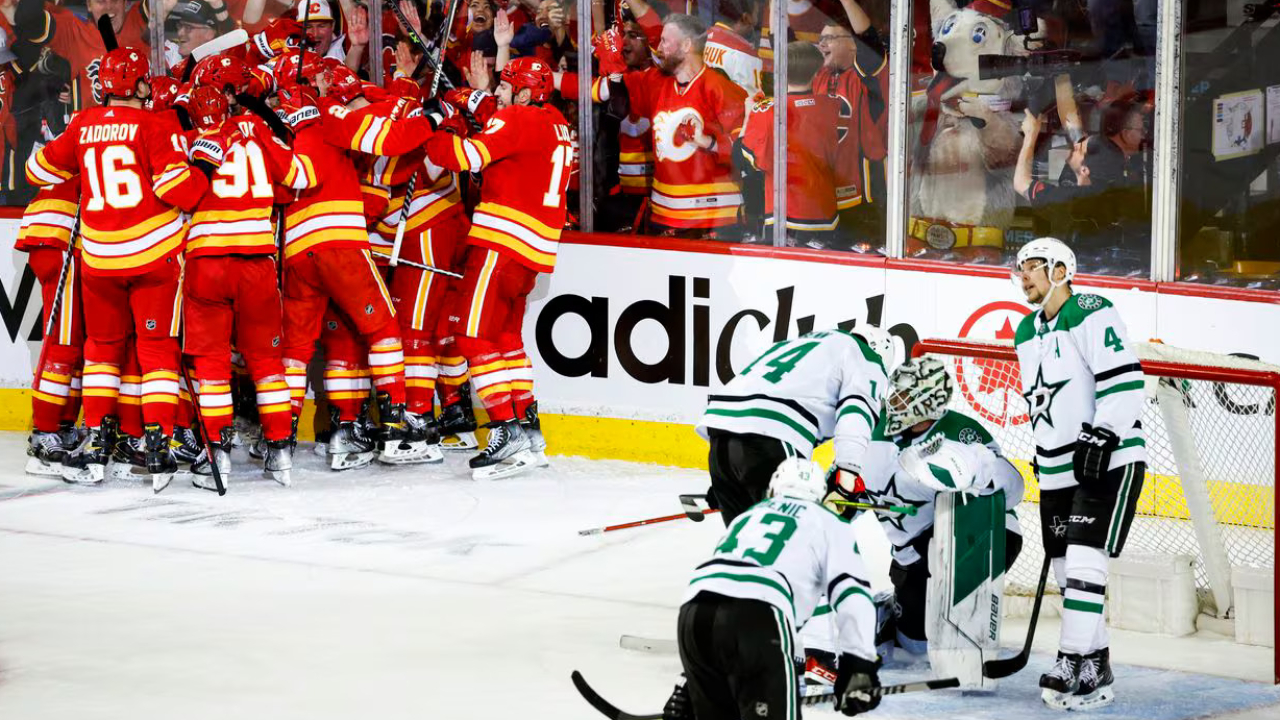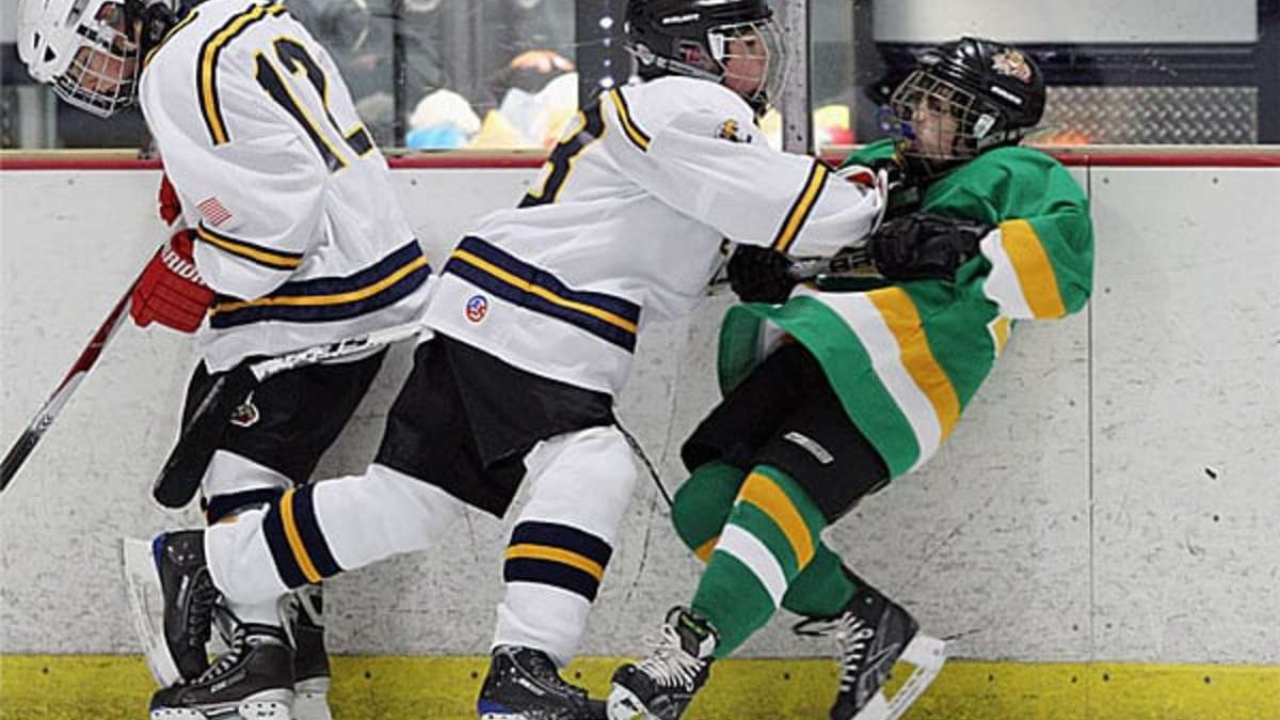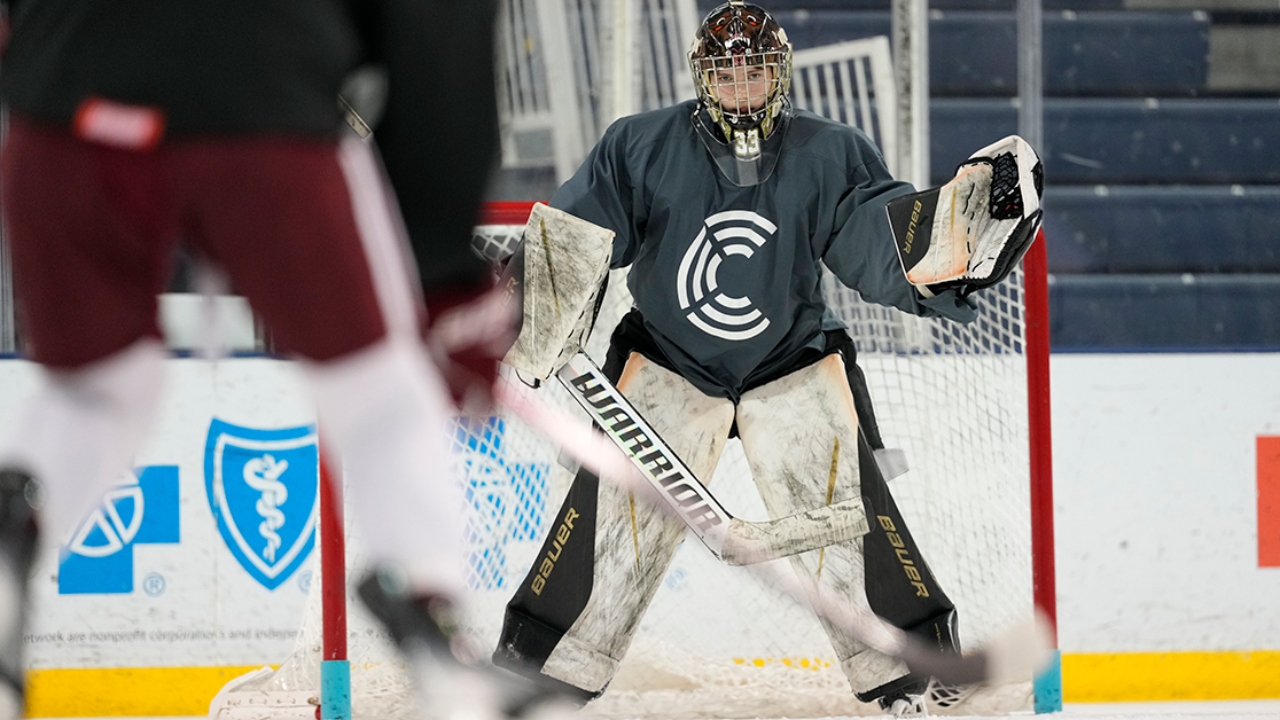
Performance anxiety is a reality for many hockey players, from young athletes navigating their first big tournaments to seasoned pros on the ice in front of thousands. The weight of expectations, both external and internal, can create intense feelings of nervousness, self-doubt, and even fear. But understanding what causes performance anxiety and how to manage it can turn a perceived weakness into an asset for growth and resilience.
Leading Causes of Performance Anxiety in Hockey Players
-
Fear of Failure: Hockey is a fast-paced, high-stakes sport where mistakes are inevitable. Players often fear letting their team down, losing a game, or being judged for their performance. This fear can lead to overthinking and hesitation on the ice.
-
High Expectations: Athletes, especially elite players, often feel immense pressure to meet expectations from coaches, teammates, family, and even themselves. The desire to live up to these standards can become overwhelming.
-
Pressure of the Moment: Big games, penalty shots, and crucial moments amplify stress. Knowing that a single play could determine the outcome of a game can cause players to focus more on the potential consequences than the task at hand.
-
Comparison with Others: Social media and constant exposure to highlight reels can lead players to compare themselves to peers or idols, creating feelings of inadequacy or inferiority.
-
Past Failures: A missed opportunity or poor performance in a previous game can linger in a player’s mind, feeding anxiety about repeating the same mistakes.
Examples from Pro Players
Even professional hockey players are not immune to performance anxiety. NHL stars have openly shared their struggles, shedding light on the mental side of the sport:
-
Carey Price, the Montreal Canadiens’ goaltender, has discussed the immense mental strain that comes with playing a position where every mistake is magnified. He credits mindfulness and mental health support for helping him manage pressure.
-
Jonathan Toews, captain of the Chicago Blackhawks, has been vocal about dealing with anxiety and chronic stress, emphasizing the importance of listening to his body and taking breaks when needed.
-
Robin Lehner, a veteran goaltender, has spoken candidly about his battles with anxiety and depression. He highlights the value of seeking professional help and the role of therapy in maintaining his mental well-being.
Strategies to Cope with Performance Anxiety
-
Focus on the Process, Not the Outcome: Shifting attention to controllable factors, such as effort, positioning, and communication, helps players stay grounded. Instead of fixating on the score, concentrate on executing small, manageable tasks during the game.
-
Breathing Techniques: Deep breathing exercises, such as box breathing (inhaling for four seconds, holding for four, exhaling for four, and pausing for four), can calm the body and mind during high-pressure moments.
-
Pre-Game Routines: Establishing a consistent pre-game routine provides a sense of stability and control. Whether it’s listening to music, visualization, or dynamic stretching, these rituals can help players enter a focused mindset.
-
Visualization: Imagining successful plays, such as scoring a goal or making a key save, can build confidence and reduce anxiety. Pro players often use this technique to mentally prepare for games.
-
Positive Self-Talk: Replacing negative thoughts (“I can’t mess this up”) with affirmations (“I’ve prepared for this” or “I’m ready to give my best effort”) helps reframe the narrative and boost confidence.
-
Seek Support: Talking to a mental performance coach, or trusted teammate can provide perspective and practical advice. Professional help can be particularly valuable for players struggling with persistent anxiety.
-
Embrace Mistakes: Accepting that errors are part of the game allows players to recover quickly and refocus. Learning to let go of mistakes, instead of dwelling on them, is a hallmark of resilient athletes.
-
Practice Under Pressure: Simulating high-pressure scenarios during practice helps players acclimate to game-day stress. For example, practicing shootouts with teammates watching or timing drills can mimic the intensity of real-game situations.
The Mental Edge
Performance anxiety doesn’t have to be a barrier; it can be a catalyst for growth. By learning to manage anxiety effectively, hockey players can develop mental toughness, improve their focus, and build confidence in their abilities. Just like physical conditioning, mental performance is a skill that requires practice and dedication.
Hockey is as much a mental game as it is physical. Remember, even the pros skate through anxiety—and come out stronger for it. With the right tools and mindset, any player can rise above the pressure and perform their best when it matters most. Contact me today to learn how I can help you or your team unlock your mental potential and perform at your peak.
Victory Starts In The Mind.

